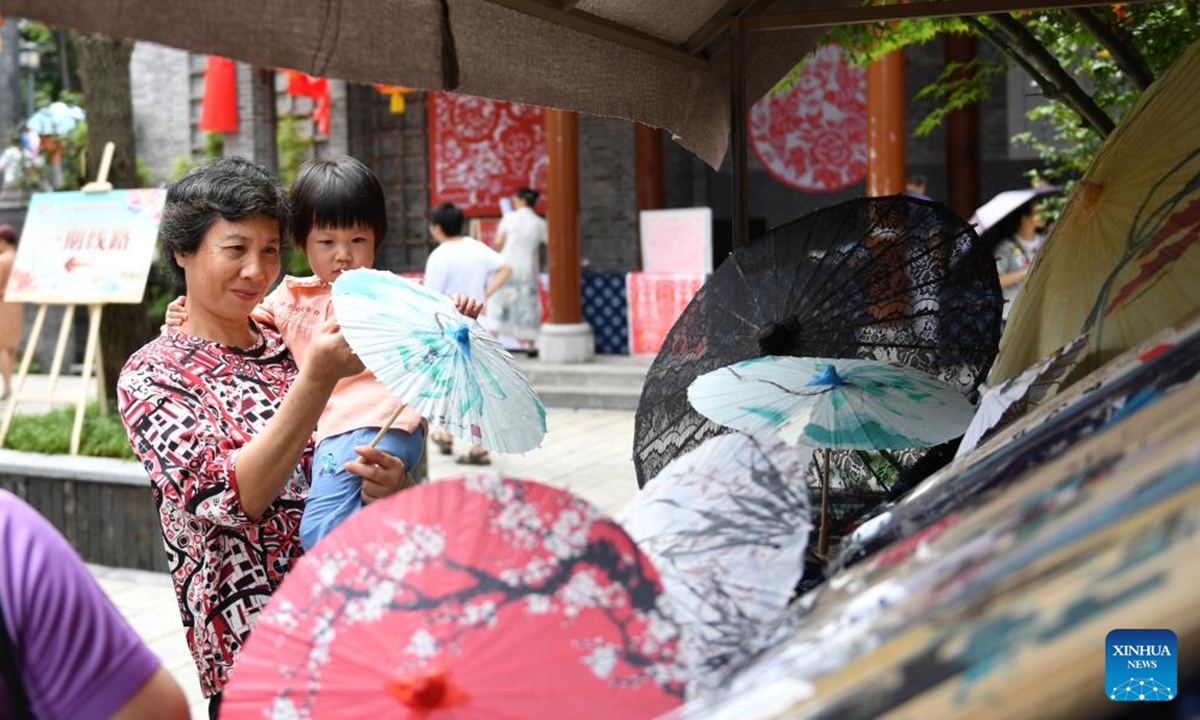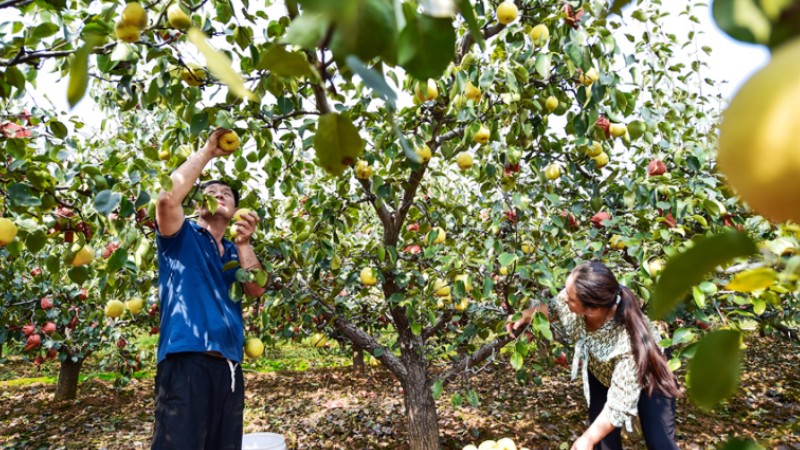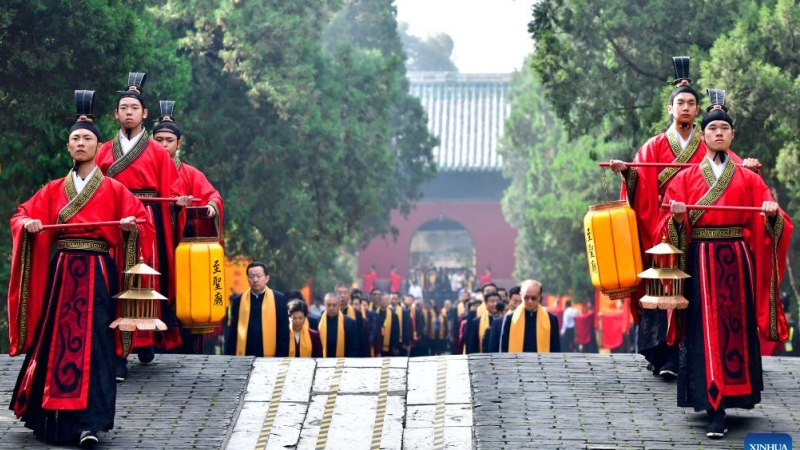Beijing's first ICH Week to show world China's change ‘from rescue to innovation’

Photo: Xinhua
In about a week, the first Beijing International Week of Intangible Cultural Heritage (BIWICH), an event promoting international collaboration in the field of Chinese intangible cultural heritage (ICH), will be launched at the National Agricultural Exhibition Center in Beijing.
Beijing, an international metropolis and also China's capital city, seems to never lack in cultural events, yet the upcoming agenda denotes Beijing's first attempt to showcase its ICH legacies to the world. Cultural sociologist Chu Xin told the Global Times that the ICH Week suggests "a move to globalize Chinese traditions."
More than 500 participants from nearly 200 countries worldwide will join the four-day event that kicks off on October 22. Visitors can expect to see around 2,000 ICH treasures from both China and other parts of the world such as Southeast Asia and Africa, regions closely tied to China's Belt and Road Initiative (BRI).
Although most ICH legacies are "indigenous to a particular cultural context," their sustainable growth is a global issue, making it important for countries to share their "designed mechanisms, technologies and skills" concerning ICH management. Xiang Xinshuang, an expert in the field and an art critic, told the Global Times.
Taking the theme of "the great beauty of ICH and worldwide harmony," the Beijing event includes numerous exhibitions.
A Chinese tea culture display is the domestic hall's stellar event. Featuring interactive experiences, it displays the variety and different cultural connotations of the tea traditions in 16 Chinese provinces. Among them, Yunnan Province is iconic. The pride of the province, Jingmai Mountain, has recently been inscribed in the UNESCO World Heritage List.
While sticking to tradition, the BIWICH will highlight an exhibition called "ICH+Tourism," which mainly focuses on promoting tourist destinations across China that are rich in ICH resources like the provinces of Yunnan and Fujian.
The "ICH + Tourism" combination has proven to be very powerful. Prior to the current Beijing ICH week, the Danzhai ICH Week was launched in 2020 in Southwest China's Guizhou Province. The nine-day event attracted 260,000 visitors.
"Years of development, China's ICH management has gone beyond just saving endangered traditions but also seeking ways to extend their value to crossover fields like tourism, the cultural creative market as well as the educational sector," Xiang noted, adding that such crossover maneuvers are "innovative approaches for contemporary ICH management."
Beijing, a city embracing 114 national-level ICH projects such as woodblock watermarking art and silk figurine techniques is only one piece of the puzzle that is China's ICH landscape. The Beijing-Tianjin-Hebei Province ICH Exhibition at the event paints a broader picture for visitors to see the ICH developments of North China.
Cultural expert Xu Shuming told the Global Times that the ICH folk traditions in China are known for their "extremely diversified regional characteristics." Taking "traditional Chinese Opera" as an example, the Northern school of Qinqiang Opera differs greatly from China's oldest opera Kunqu (lit: Kun Opera), which originated in Jiangsu Province.
"No matter if it is the singing styles or stories, these ICH opera forms go beyond mere singing, instead acting as a documentary of the social life, cultural beliefs and historical stories of particular regions in China," Xu noted.
The main BIWICH organizers are the Ministry of Culture and Tourism of the People's Republic of China and the People's Government of the Beijing Municipality. Other than exhibitions, the forum discussion "ICH Protection and Contemporary Practice" will also be launched.
Photos
Related Stories
- Experts shed light on developing China studies in new era
- Chinese cultural exhibition held in Kigali, Rwanda
- Vitality of traditional Chinese culture shines in museum
- Activities held to promote Chinese culture at Asian Games Sub-village in Chun'an, E China
- Macao's newspaper joins Portuguese media to introduce Chinese culture
- 5th International Daoism Forum opens in east China's Jiangsu
Copyright © 2023 People's Daily Online. All Rights Reserved.









